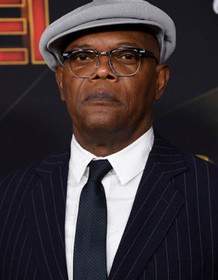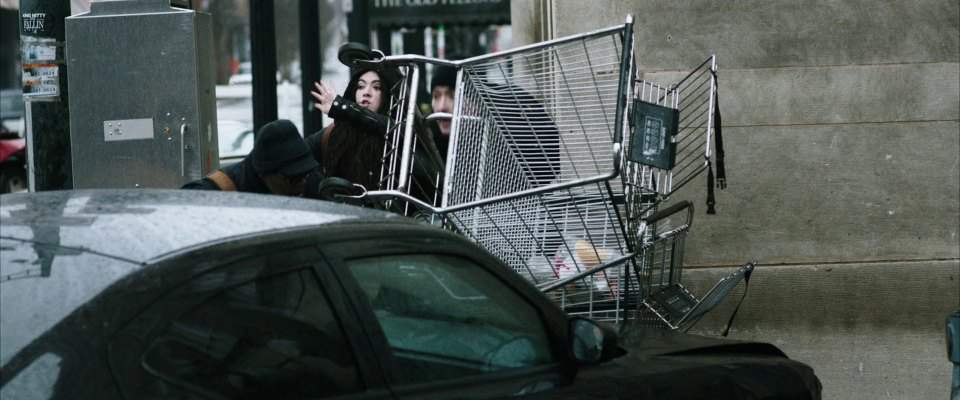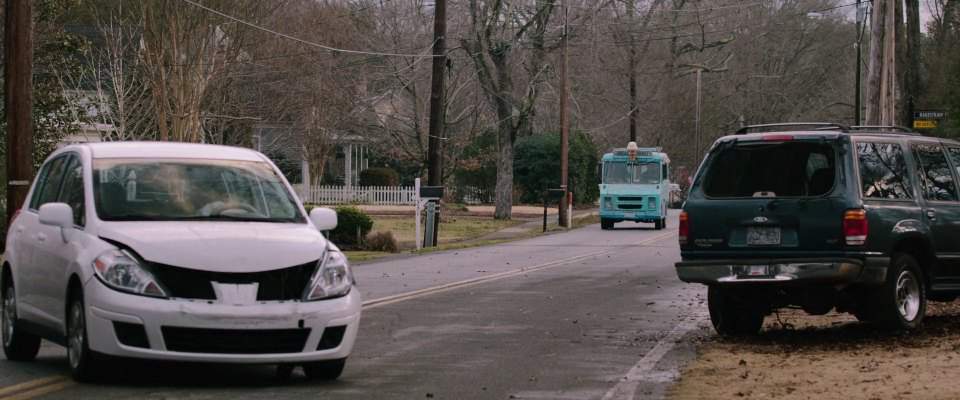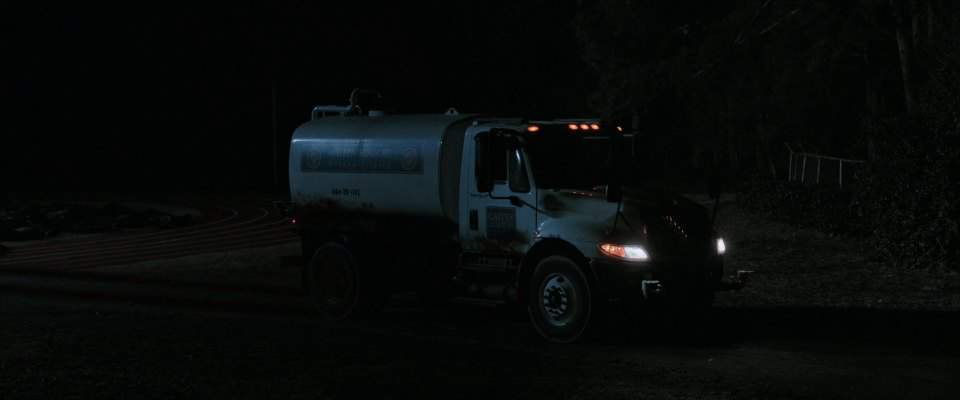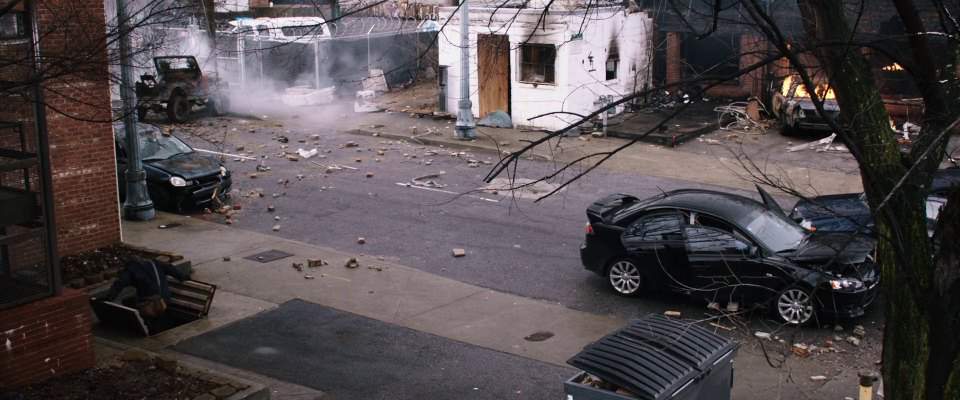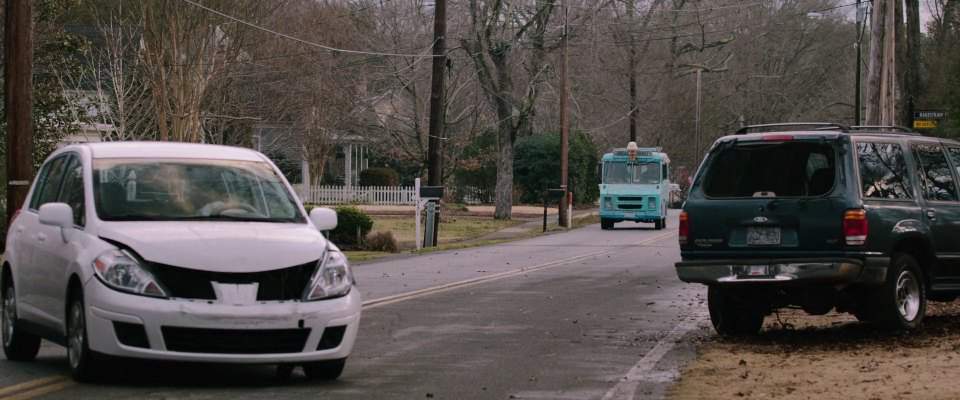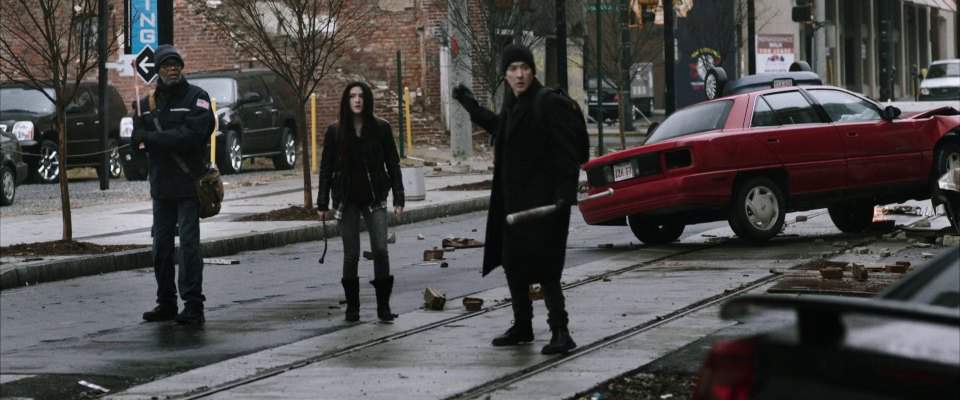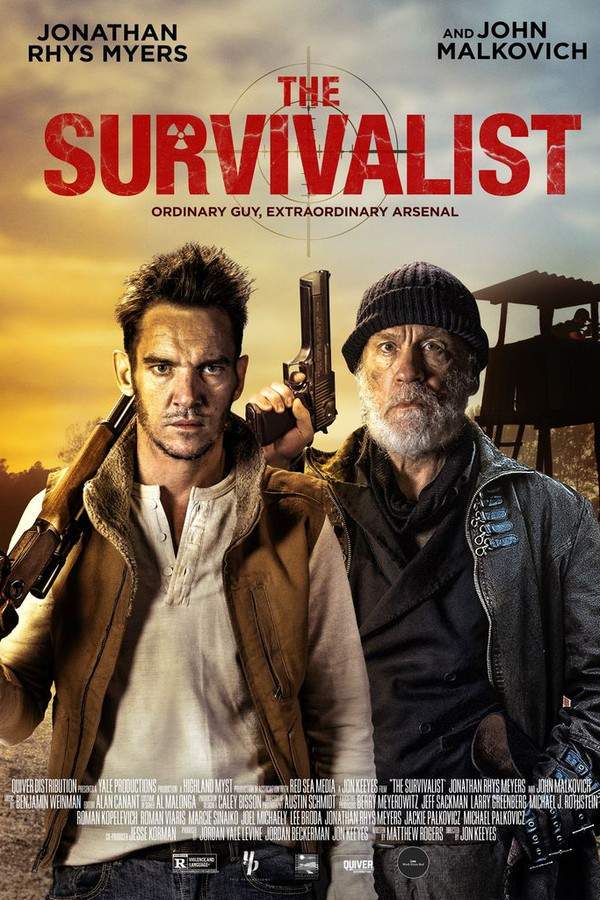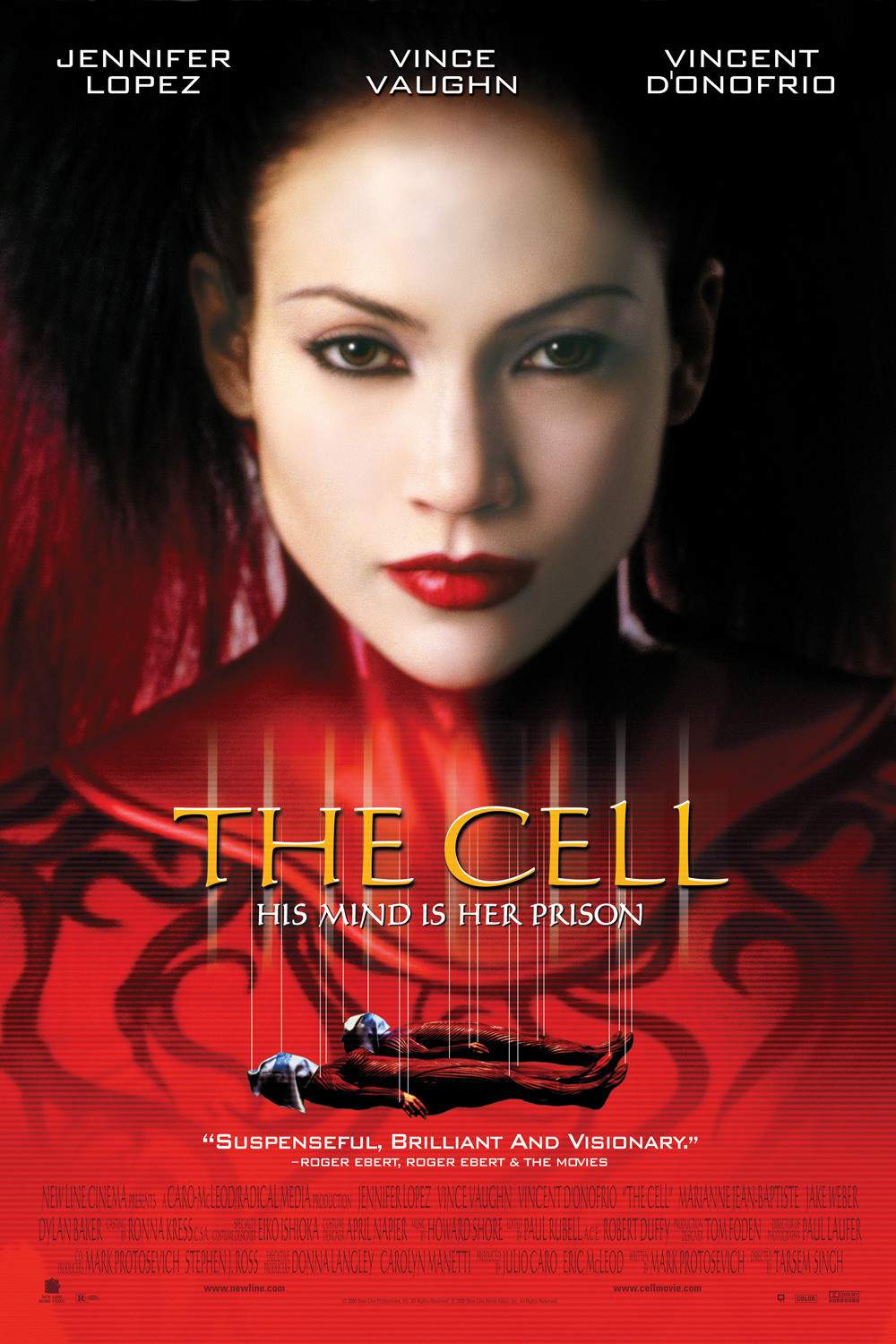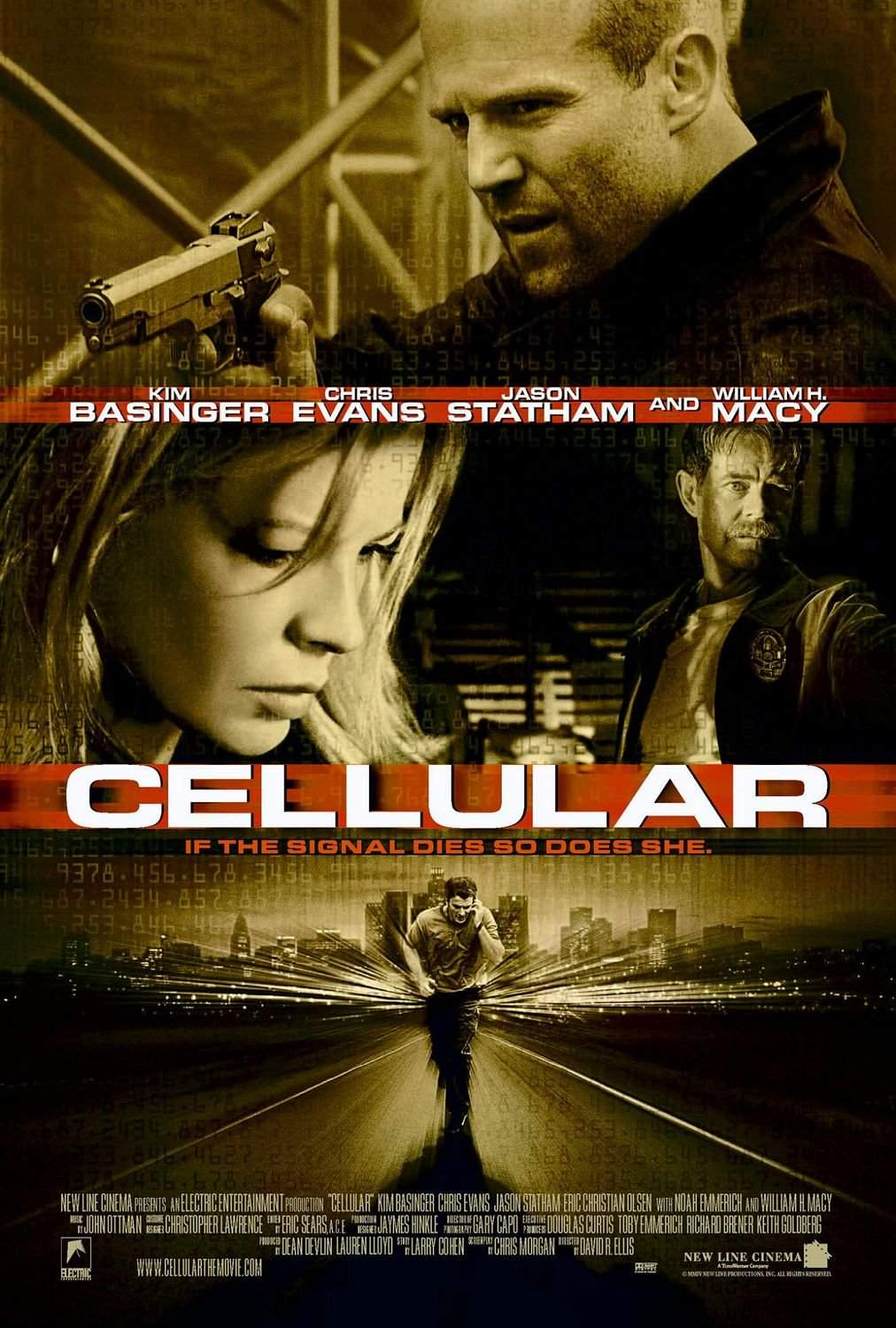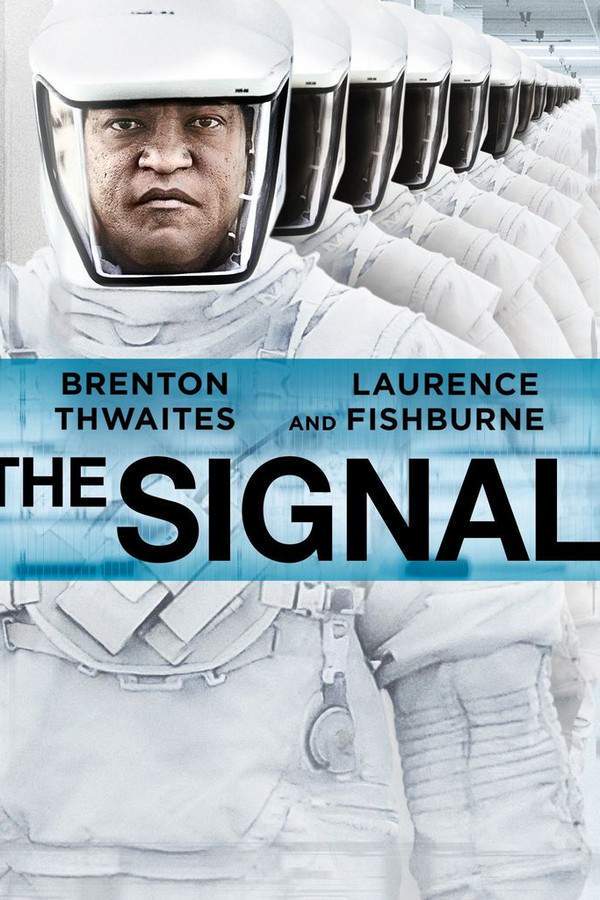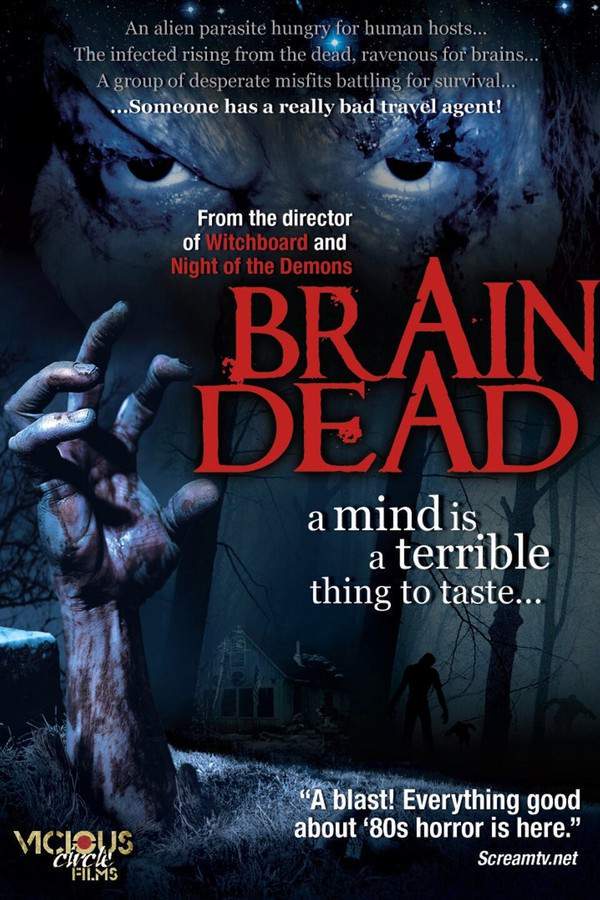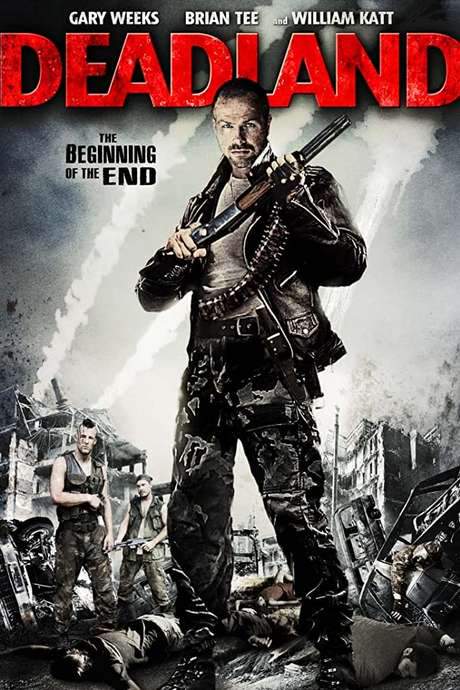Cell 2016

After returning from war, a former soldier finds himself imprisoned in a Nazi stronghold. He soon discovers he is the subject of a disturbing psychological experiment testing the limits of human resilience. Isolated and disoriented, he must confront the harrowing ordeal and uncover the true nature of his captors' sinister plan.
Does Cell have end credit scenes?
No!
Cell does not have end credit scenes. You can leave when the credits roll.
Meet the Full Cast and Actors of Cell
Explore the complete cast of Cell, including both lead and supporting actors. Learn who plays each character, discover their past roles and achievements, and find out what makes this ensemble cast stand out in the world of film and television.
External Links and Streaming Options
Discover where to watch Cell online, including streaming platforms, rental options, and official sources. Compare reviews, ratings, and in-depth movie information across sites like IMDb, TMDb, Wikipedia or Rotten Tomatoes.
Ratings and Reviews for Cell
See how Cell is rated across major platforms like IMDb, Metacritic, and TMDb. Compare audience scores and critic reviews to understand where Cell stands among top-rated movies in its genre.

38
Metascore
3.5
User Score

4.4 /10
IMDb Rating

47
%
User Score

1.9
From 1 fan rating
Take the Ultimate Cell Movie Quiz
Challenge your knowledge of Cell with this fun and interactive movie quiz. Test yourself on key plot points, iconic characters, hidden details, and memorable moments to see how well you really know the film.
Cell (2016) Quiz: Test your knowledge on the thrilling and chaotic events of the 2016 film 'Cell'.
Who plays the lead character Clay Riddell in 'Cell'?
John Cusack
Samuel L. Jackson
Tom Hanks
Adam Sandler
Show hint
Full Plot Summary and Ending Explained for Cell
Read the complete plot summary of Cell, including all major events, twists, and the full ending explained in detail. Explore key characters, themes, hidden meanings, and everything you need to understand the story from beginning to end.
Clay Riddell has just landed at the Boston airport and eagerly contacts his wife, Sharon, sharing his excitement about securing a deal for his graphic novel and its adaptations. While she expresses happiness, an unexpected twist arises when she reminds him that he had left a year ago, leading to a strained moment. Despite their fractured relationship, Clay yearns to connect with his son, Johnny. However, their conversation abruptly ends when his phone dies, prompting him to search helplessly for a charger. Facing frustration, Clay resorts to using a pay phone to call Sharon again.
In a shocking turn of events, chaos erupts as everyone using a cell phone responds to a dissonant sound, leading to violent and catastrophic behavior. The situation spirals, resulting in an airplane crash and overwhelming police distress. Amid the turmoil, Clay narrowly escapes via a subway entrance only to find a stalled train alongside a conductor named Tom and several others. With no power, they decide to trek down the dark tracks, facing grotesque, zombie-like figures dubbed “phoners.” After a harrowing confrontation, Clay and Tom flee through a manhole, revealing a Boston transformed into a war zone, filled with wrecked cars and flames.
When they finally reach Clay’s apartment, a horrifying incident unfolds outside involving a motorcycle rider and a pack of phoners. Inside, Clay remembers his unsettling artwork, which eerily resembles the movie’s antagonist. Desperate to reconnect, Clay contemplates calling Sharon, but Tom warns him of the continuing danger, while text messages yield nonsensical replies. Their isolation is interrupted by a bloodied neighbor, Alice, who pleads for refuge after witnessing her mother’s murder.
The trio, now uneasy allies, explore the outside world, uncovering a grim scene near a cell tower. Inside a nearby house, they find deceased individuals clutching firearms. Tom, Clay, and Alice loot what they can, only to encounter another stunned individual who morphs into a phoner before their eyes, leading to further confrontation. As noise emanates from the phoners, it becomes apparent that they follow a collective instinct, suggesting they operate like a superorganism.
Under the cover of night, they reach Gaitan Academy, where only Headmaster Charles Adai and a student named Jordan remain. They receive a warm welcome but discover a chilling sight: a sea of phoners resting across the school’s soccer field. Charles posits that the phoners may represent a new evolutionary stage, prompting a debate among the group about the moral implications of this transformation. Determined to fight back, they attempt to ignite a fire on the field, leading to explosive chaos that claims Charles’s life.
As snowfall blankets the area, they seek shelter in a drive-in theater. In a poignant moment, Tom shares a scripture-laden sermon reflecting on sin, and Clay faces unsettling dreams reminiscent of his artwork. With each passing day, the group finds temporary solace in a restaurant with a “No Fo” sign, celebrating with music and dance, while grappling with their pasts.
Tragedy soon strikes when a member, Sally, transforms into a phoner after receiving a signal, igniting chaos within the restaurant. In the chaos, Alice suffers a fatal injury, leaving Clay and the remaining members to press on. Their next encounter leads them to a camping ground where they meet Ray and Denise. A survivalist at heart, Ray warns them of impending dangers posed by the phoners and hints at a deeper connection to the enigma surrounding the “man in red.”
The extremities of survival push Clay to confront deeply personal conflicts, culminating in devastating decisions regarding the fate of his loved ones. After experiencing profound loss, he embarks on a perilous journey back to Kashwak, unveiling a colossal tower with throngs of phoners surrounding it. In a climactic showdown against the man in red, Clay fights to disentangle his son from the clutches of the phoner hive mind. In a moment of ultimate sacrifice, he detonates an explosive truck, liberating the phoners and reclaiming his son’s humanity, leading them toward a glimmer of hope in a fractured world.
Uncover the Details: Timeline, Characters, Themes, and Beyond!

Coming soon on iOS and Android
The Plot Explained Mobile App
From blockbusters to hidden gems — dive into movie stories anytime, anywhere. Save your favorites, discover plots faster, and never miss a twist again.
Sign up to be the first to know when we launch. Your email stays private — always.
Watch Trailers, Clips & Behind-the-Scenes for Cell
Watch official trailers, exclusive clips, cast interviews, and behind-the-scenes footage from Cell. Dive deeper into the making of the film, its standout moments, and key production insights.
Cars Featured in Cell
Explore all cars featured in Cell, including their makes, models, scenes they appear in, and their significance to the plot. A must-read for car enthusiasts and movie buffs alike.
Cell Themes and Keywords
Discover the central themes, ideas, and keywords that define the movie’s story, tone, and message. Analyze the film’s deeper meanings, genre influences, and recurring concepts.
Cell Other Names and Titles
Explore the various alternative titles, translations, and other names used for Cell across different regions and languages. Understand how the film is marketed and recognized worldwide.
Similar Movies To Cell You Should Know About
Browse a curated list of movies similar in genre, tone, characters, or story structure. Discover new titles like the one you're watching, perfect for fans of related plots, vibes, or cinematic styles.
Quick Links: Summary, Cast, Ratings, More

What's After the Movie?
Not sure whether to stay after the credits? Find out!
Explore Our Movie Platform
New Movie Releases (2026)
Famous Movie Actors
Top Film Production Studios
Movie Plot Summaries & Endings
Major Movie Awards & Winners
Best Concert Films & Music Documentaries
Movie Collections and Curated Lists
© 2026 What's After the Movie. All rights reserved.




